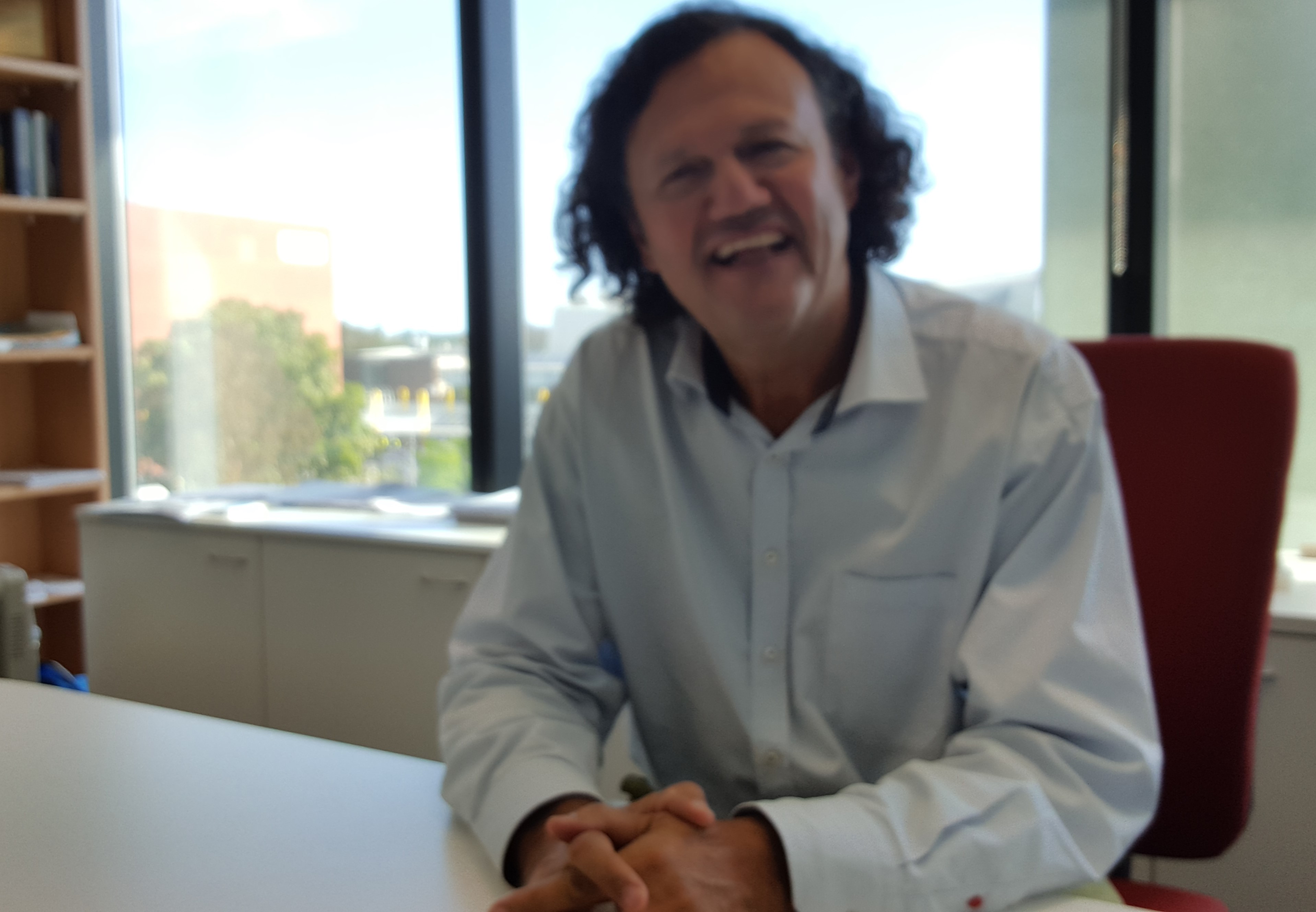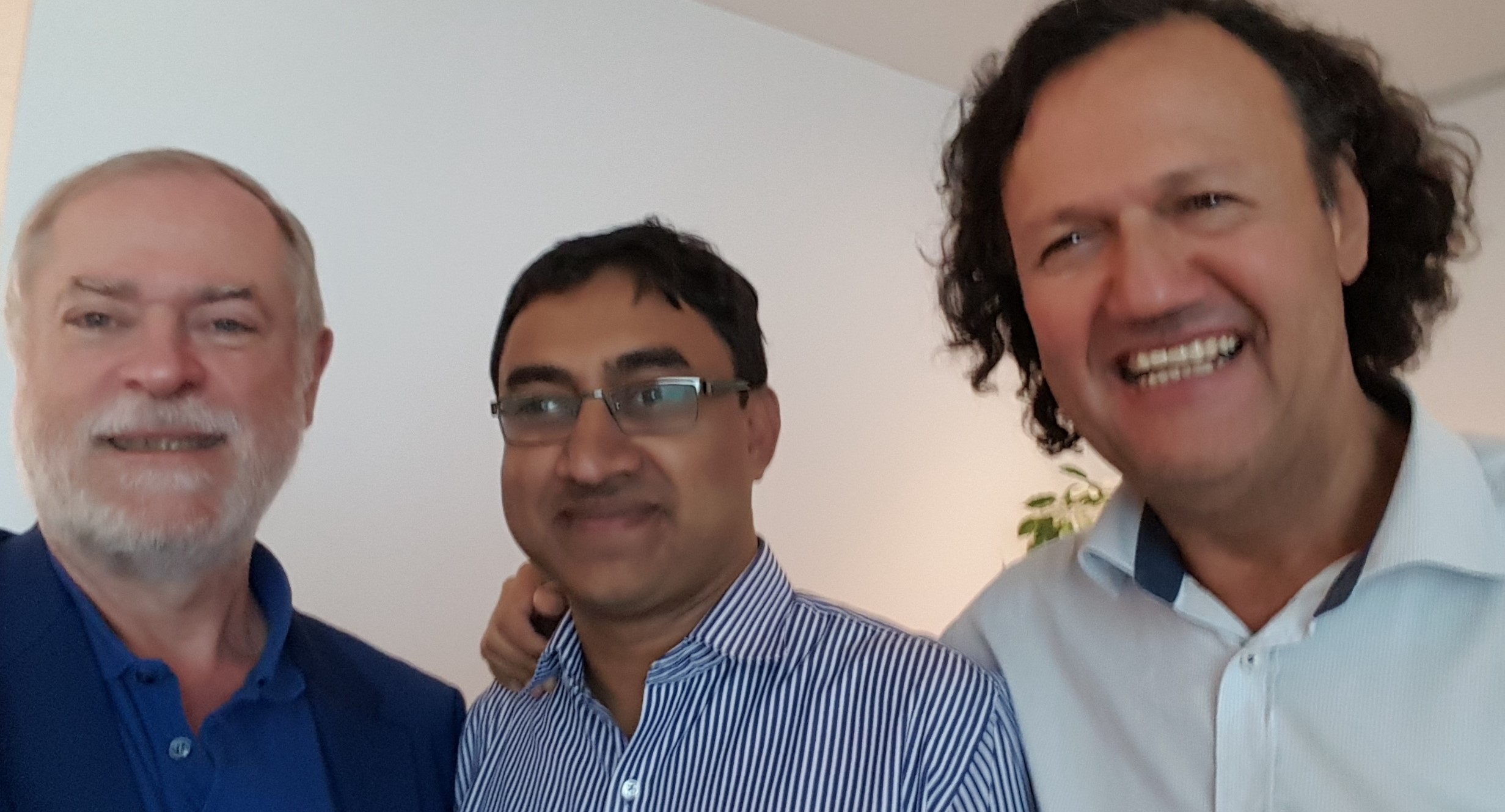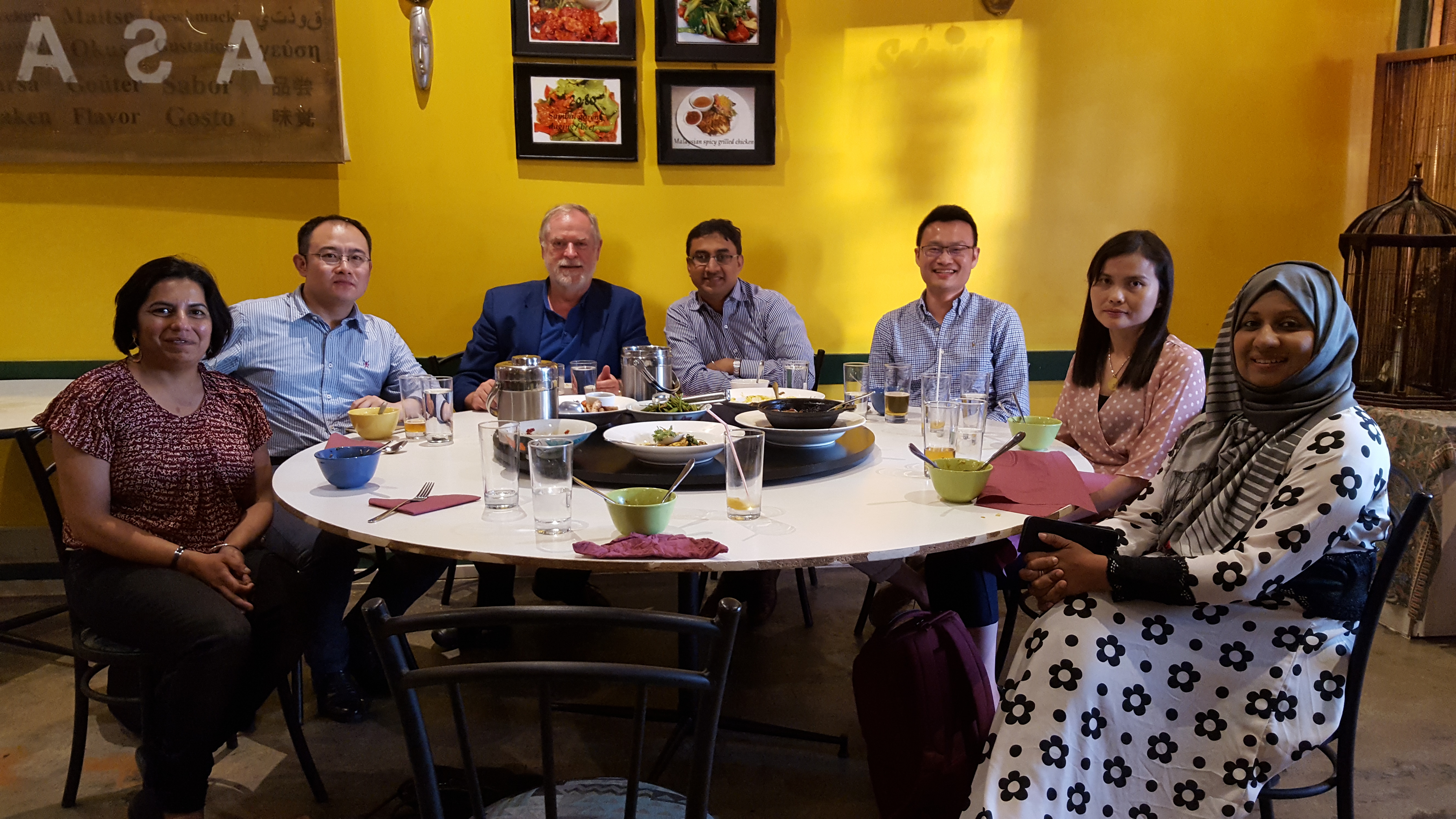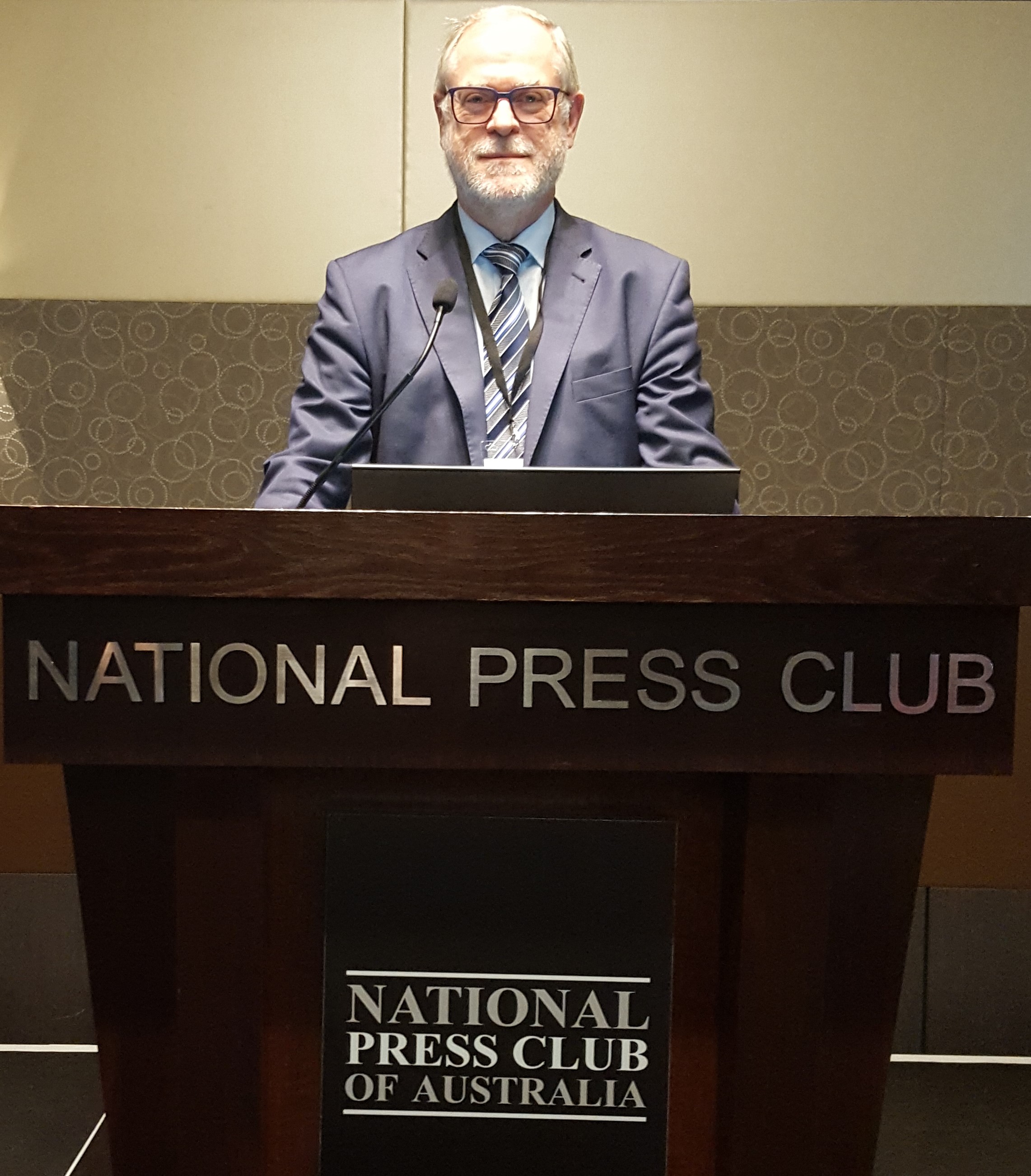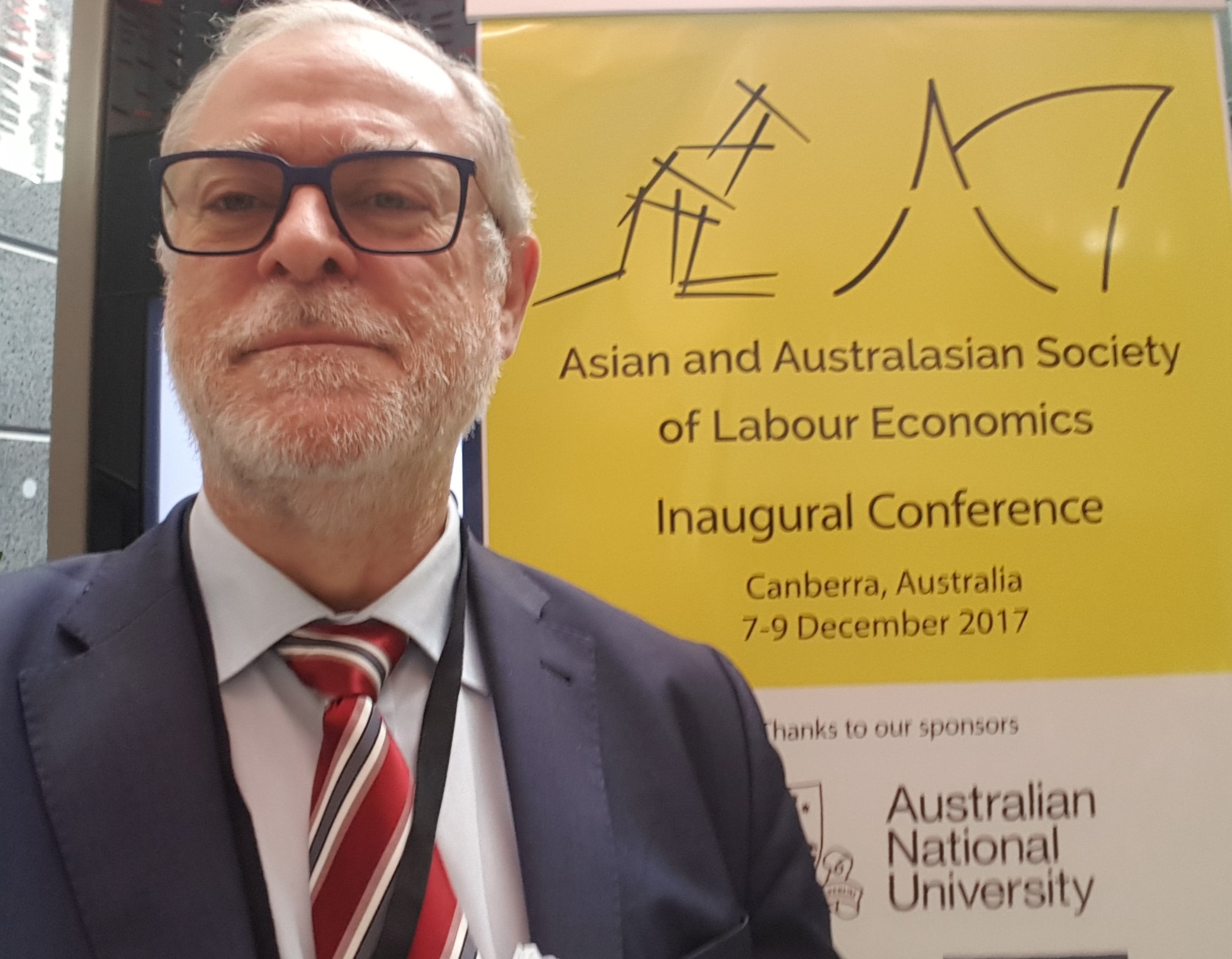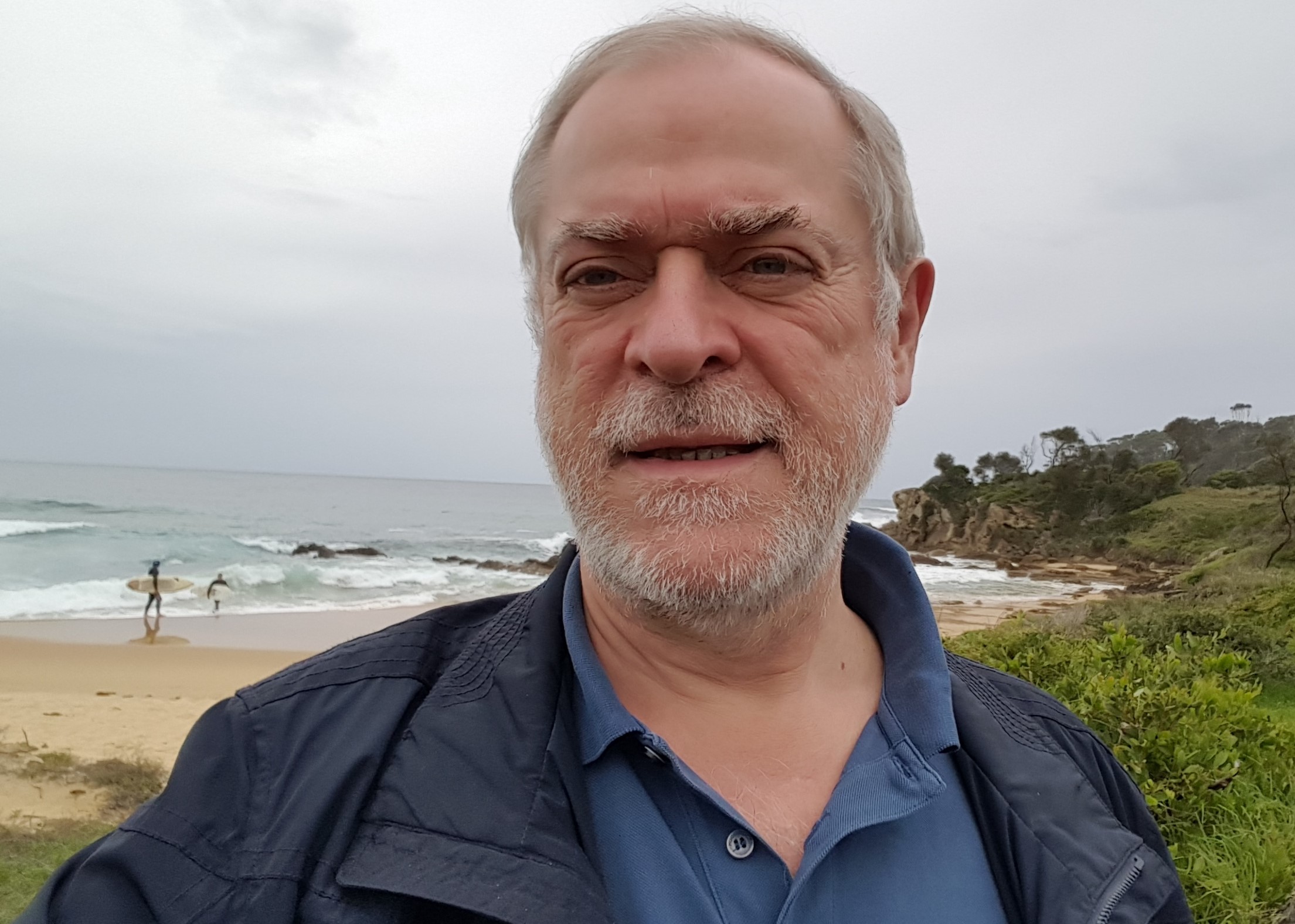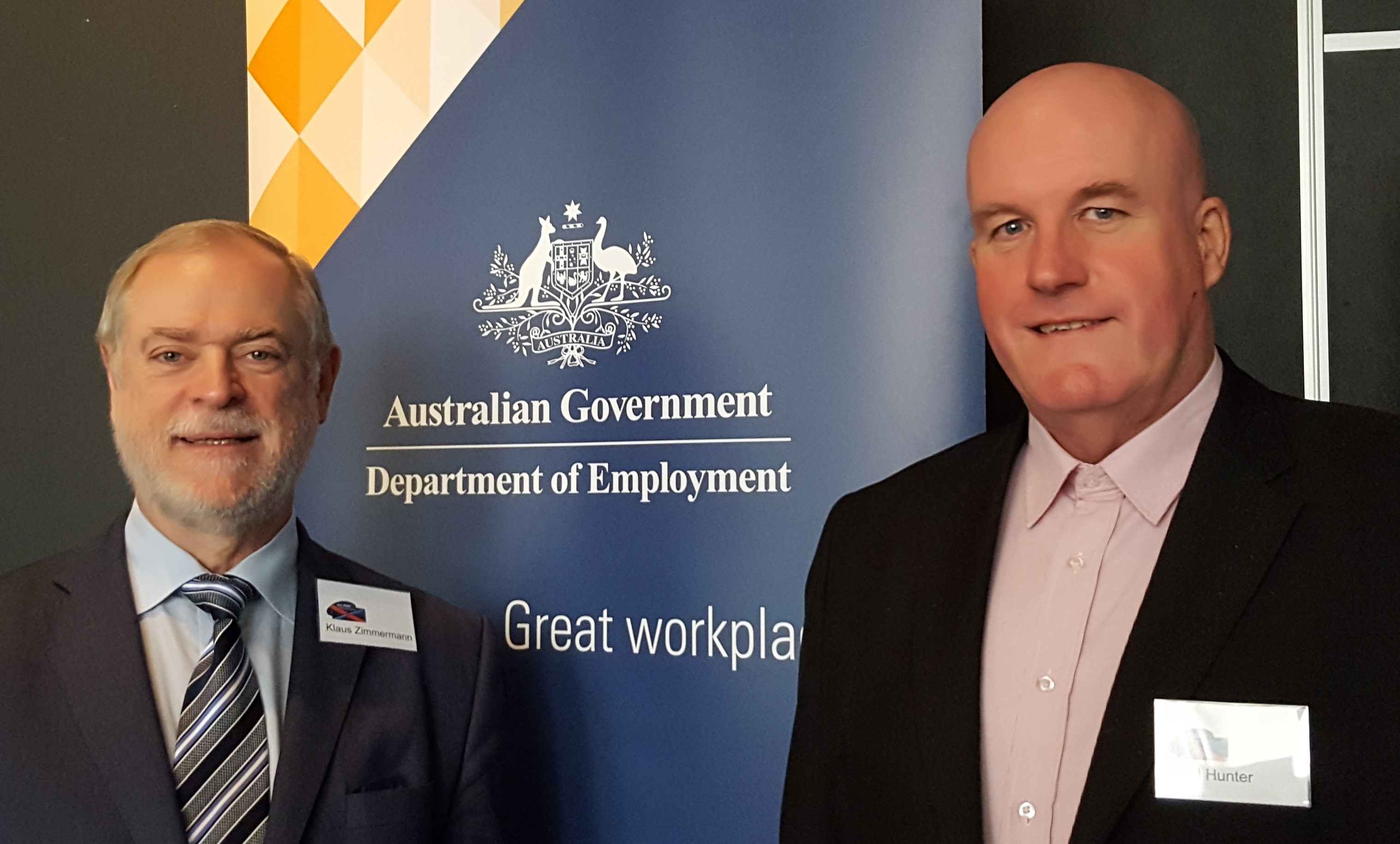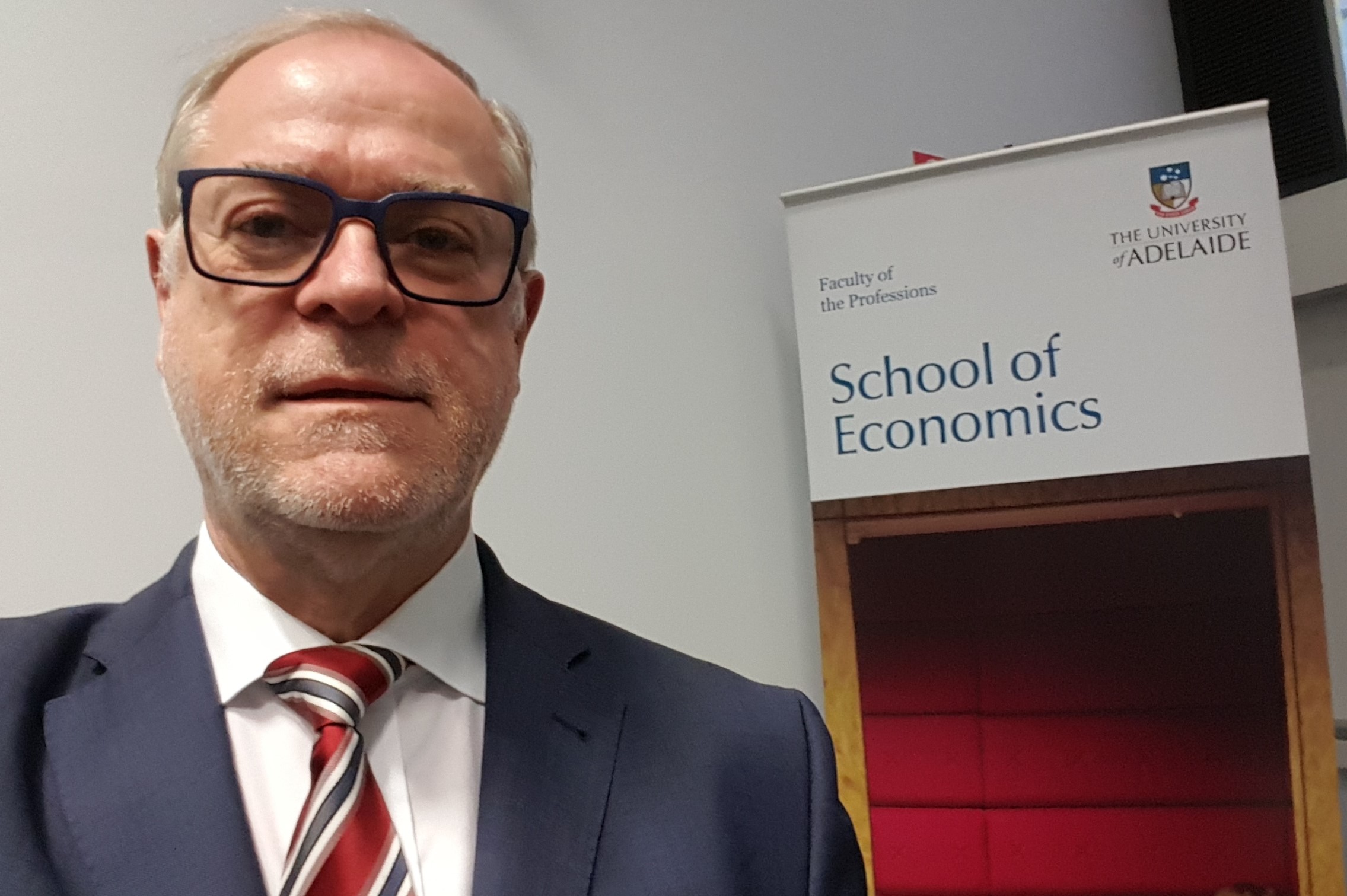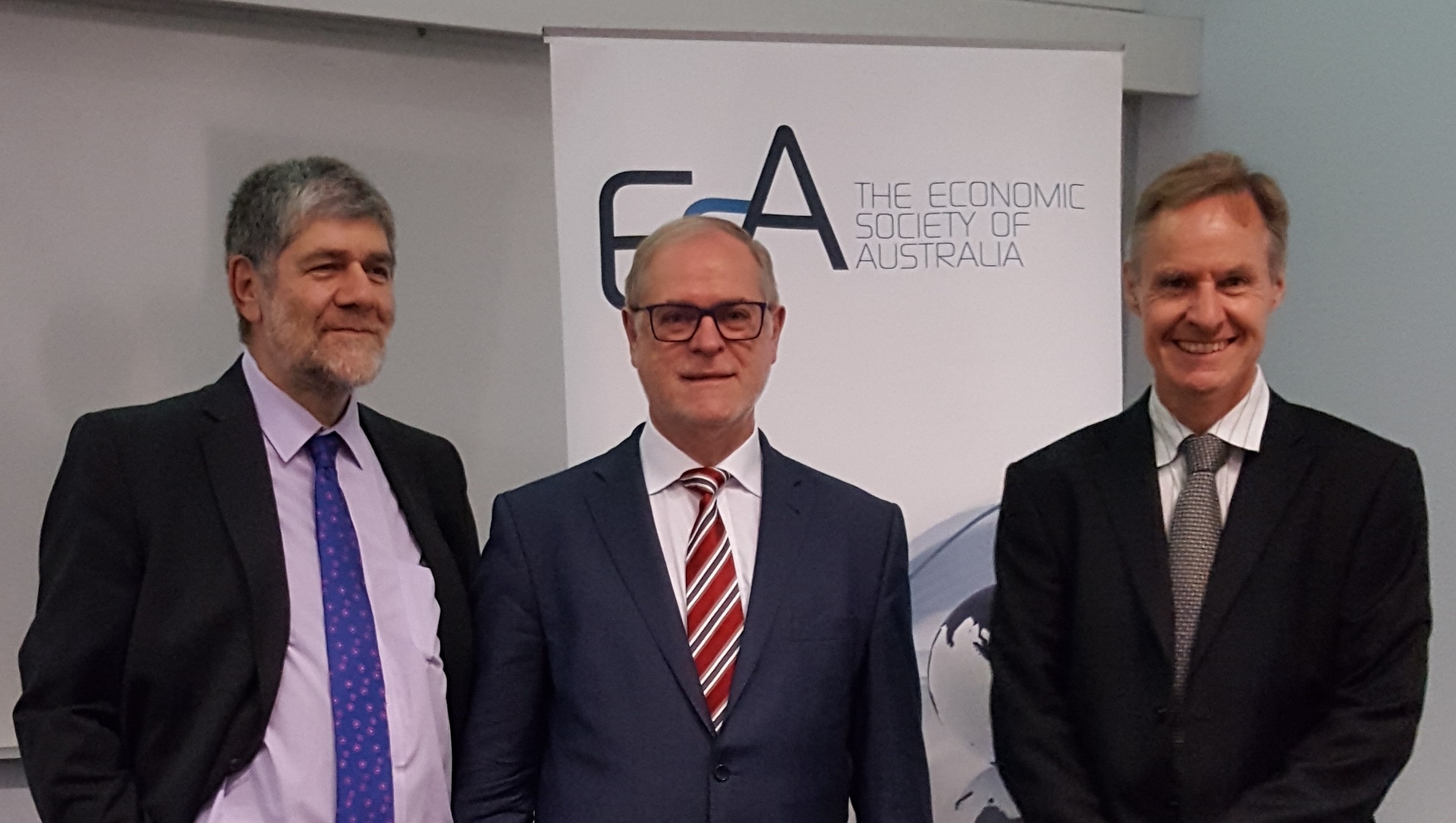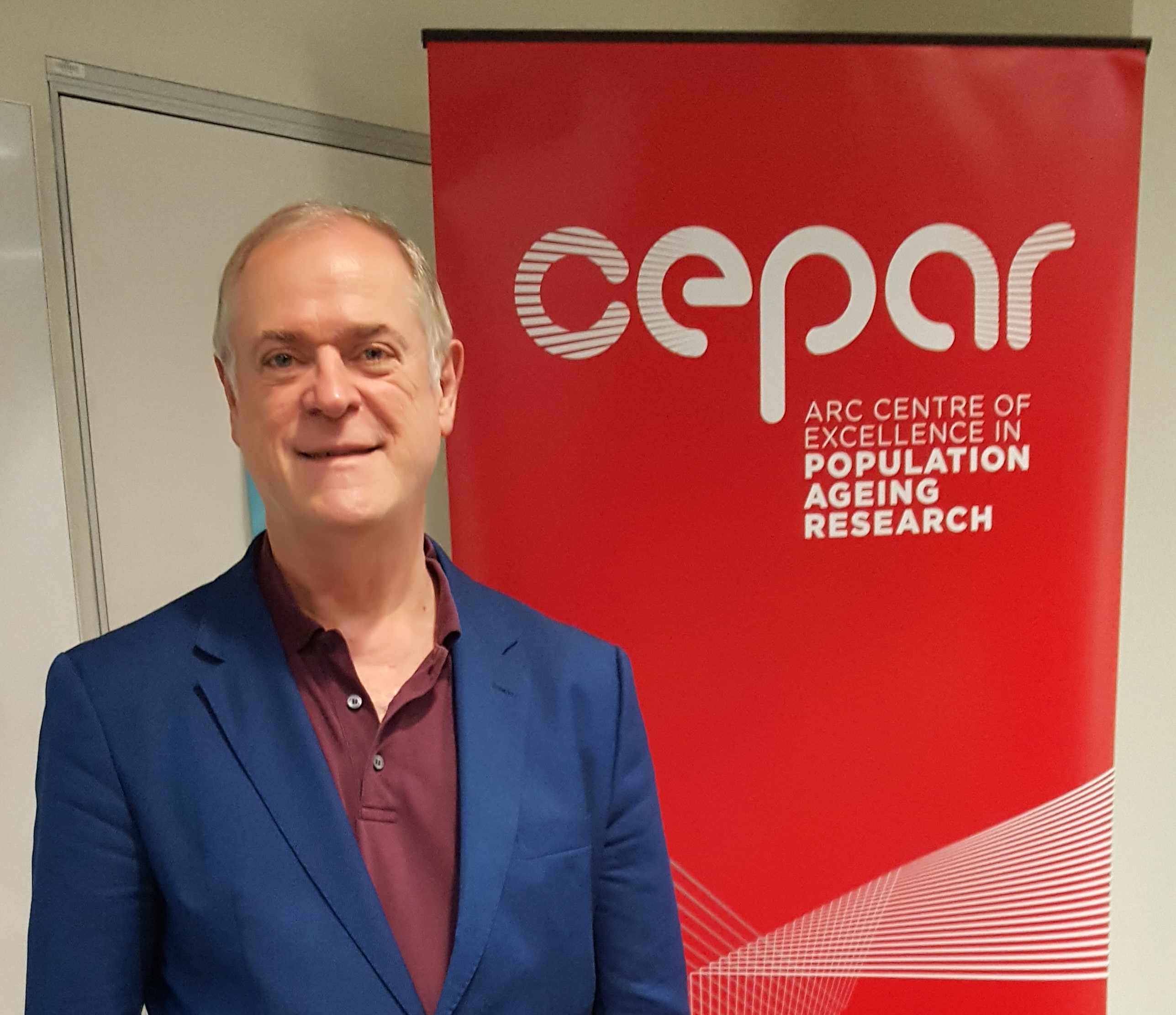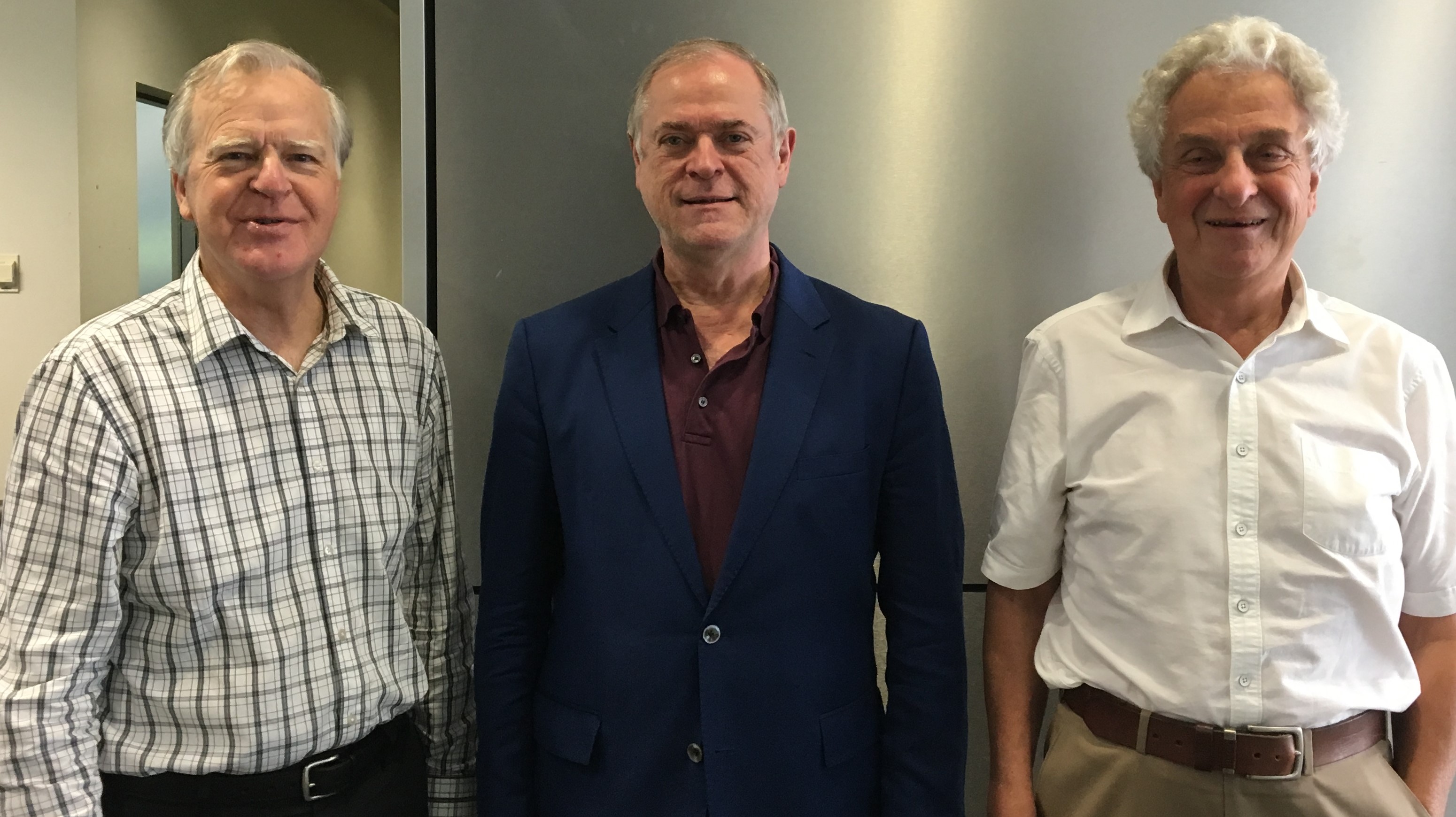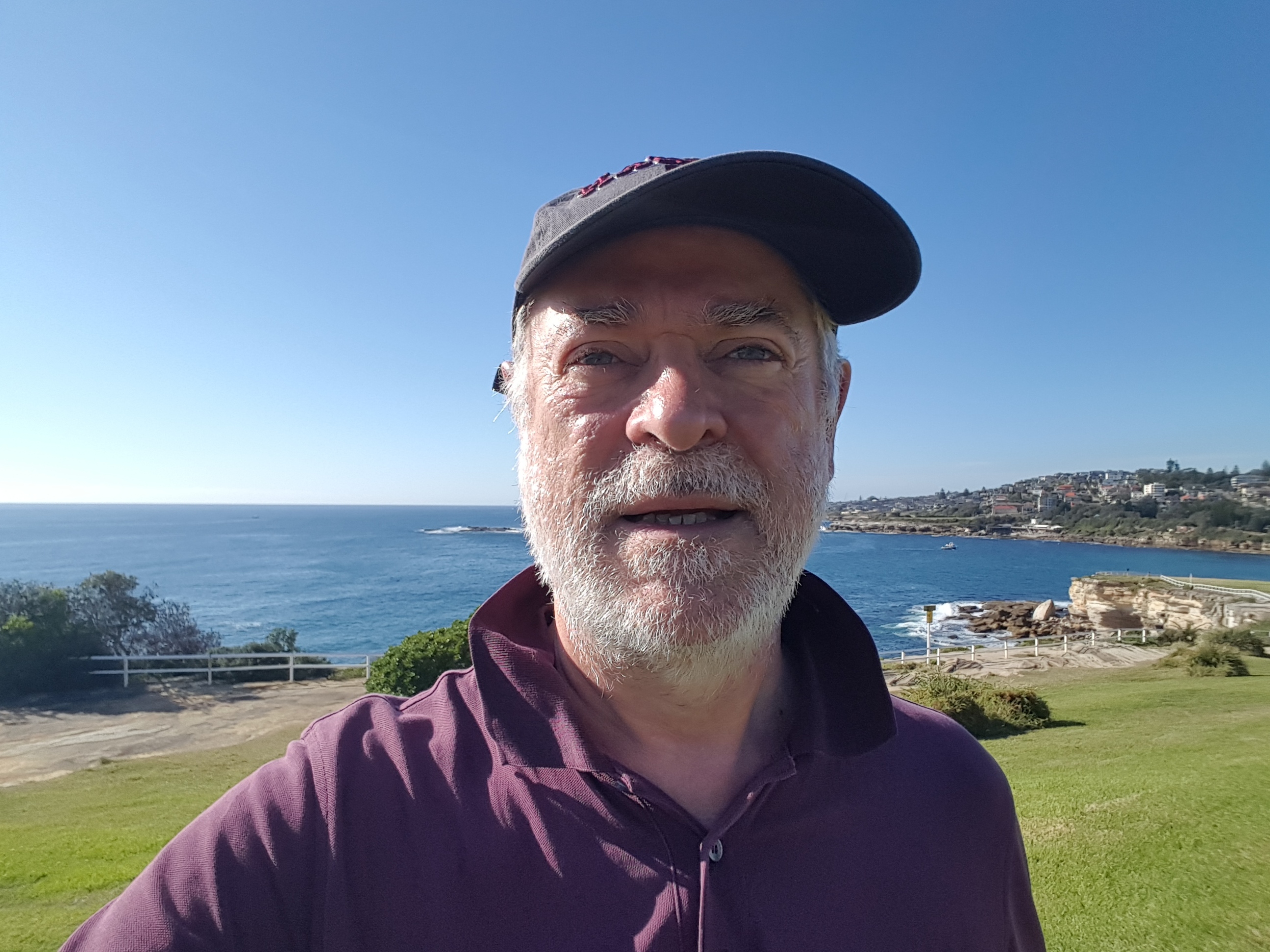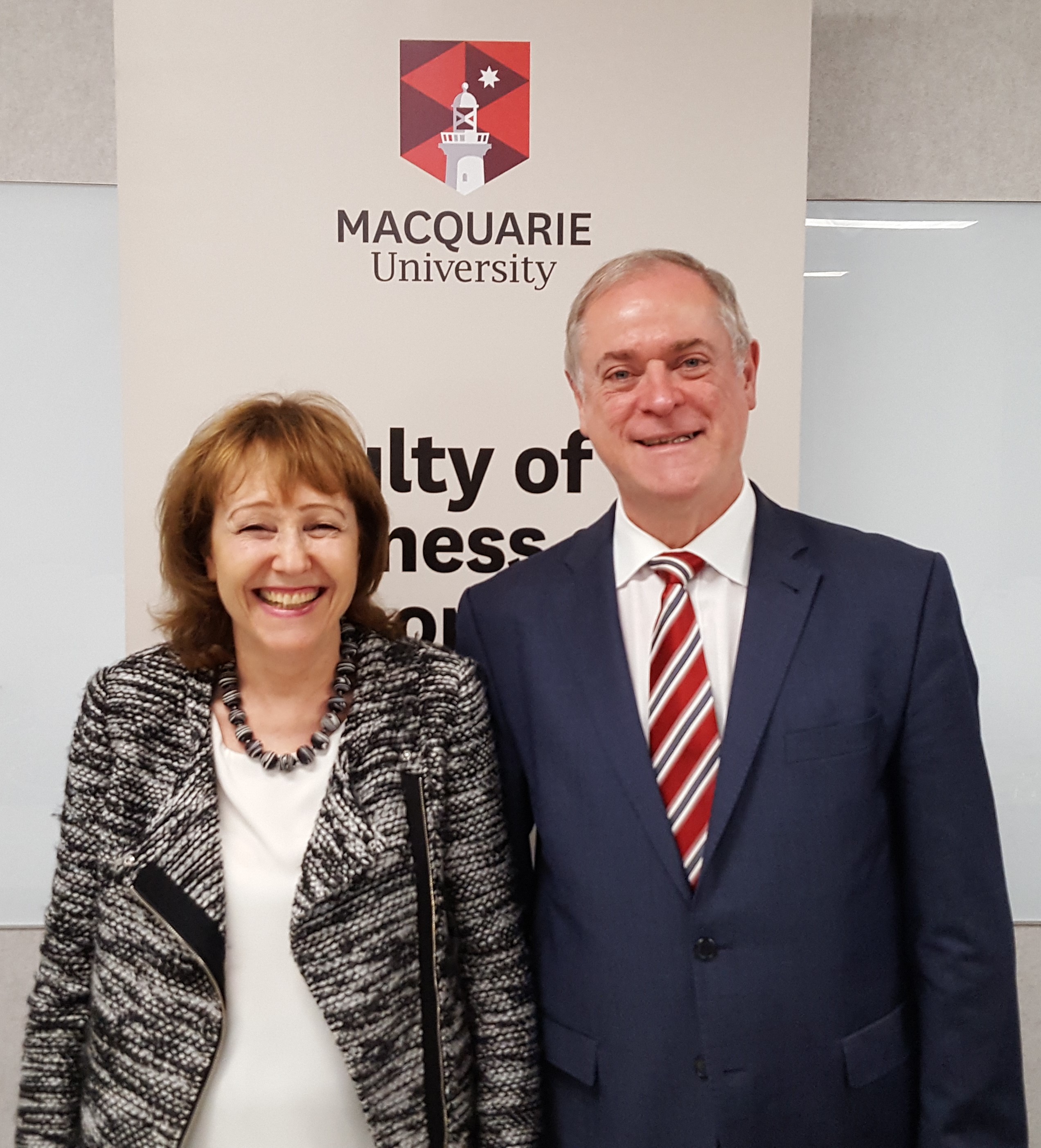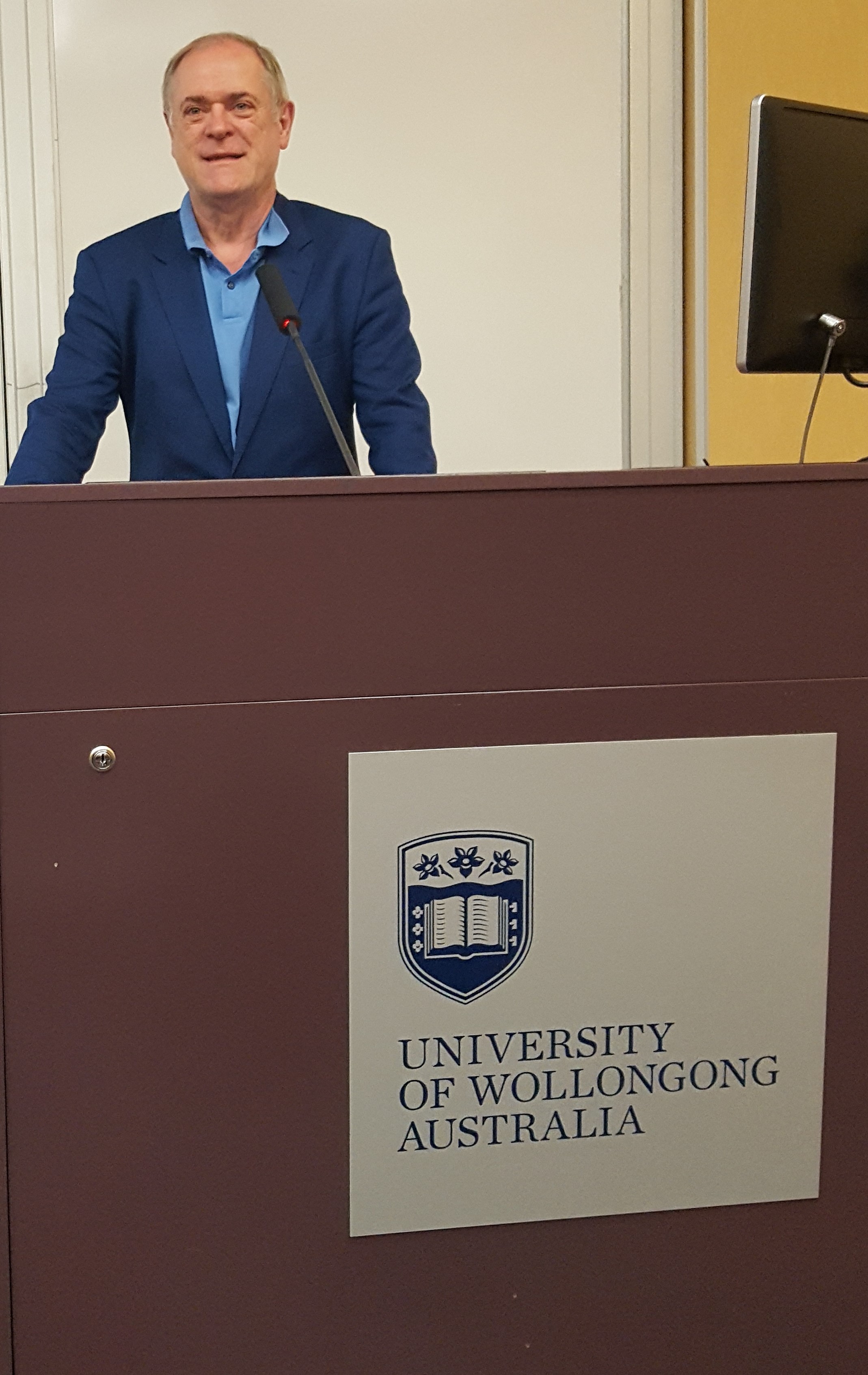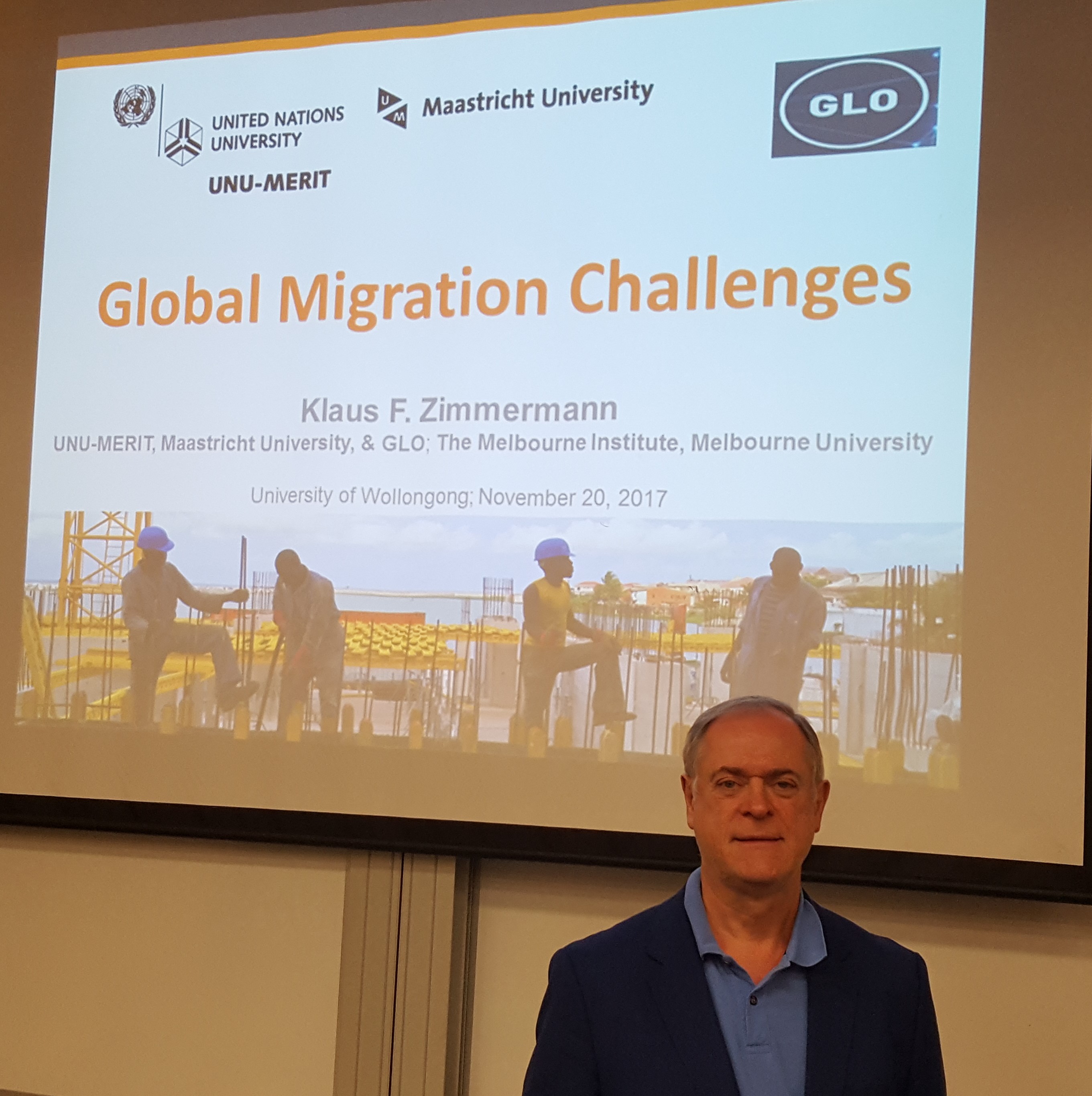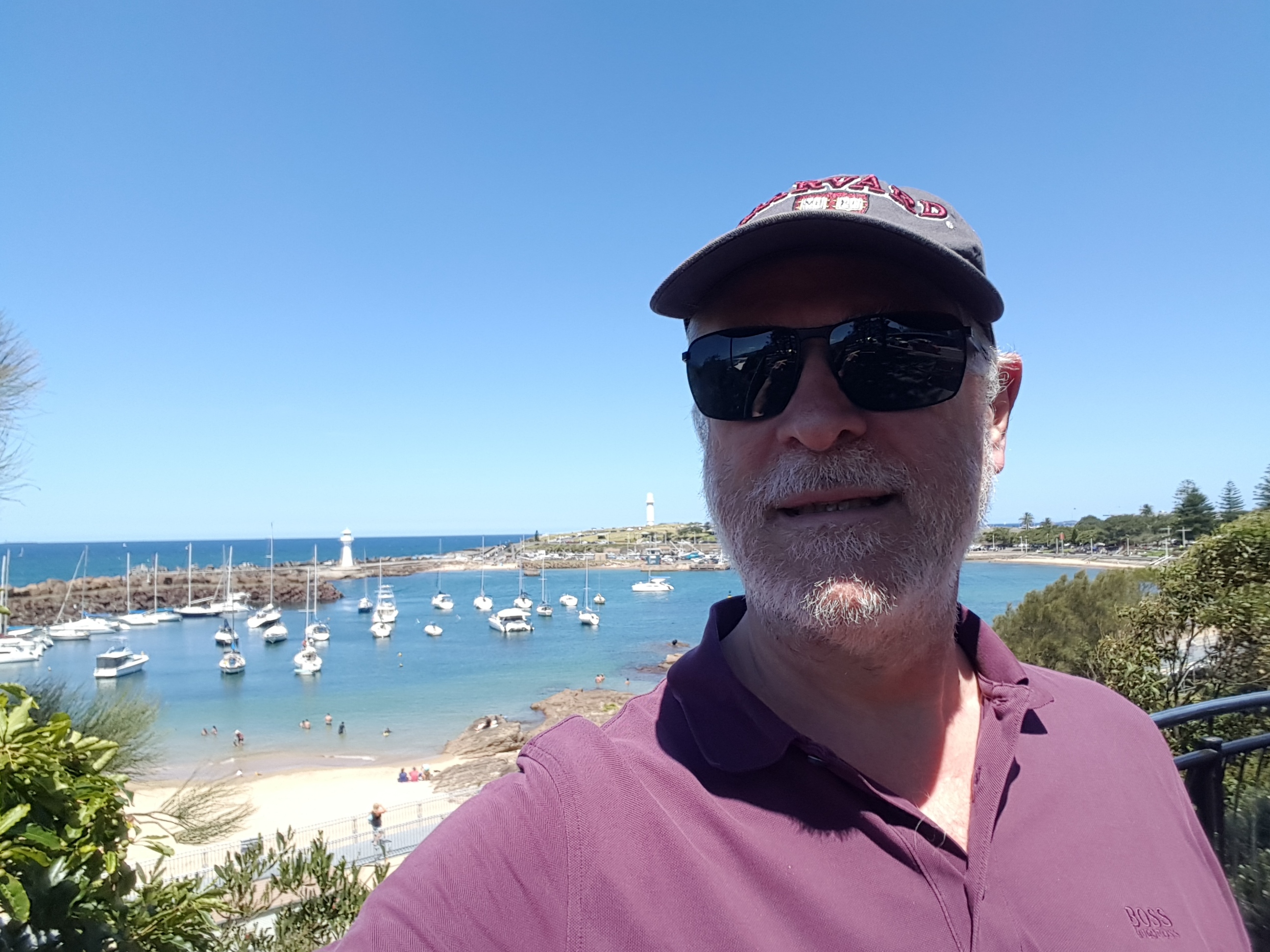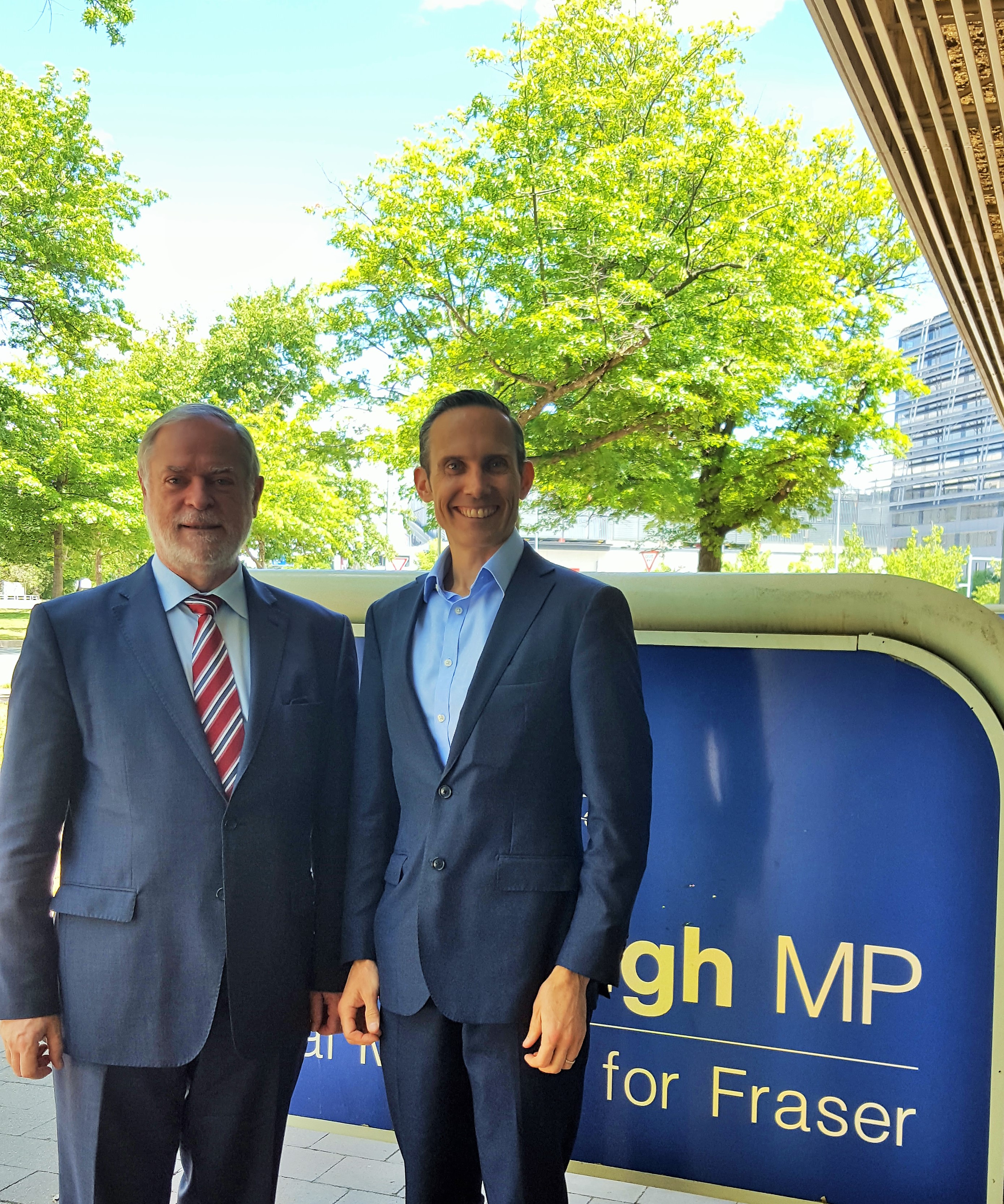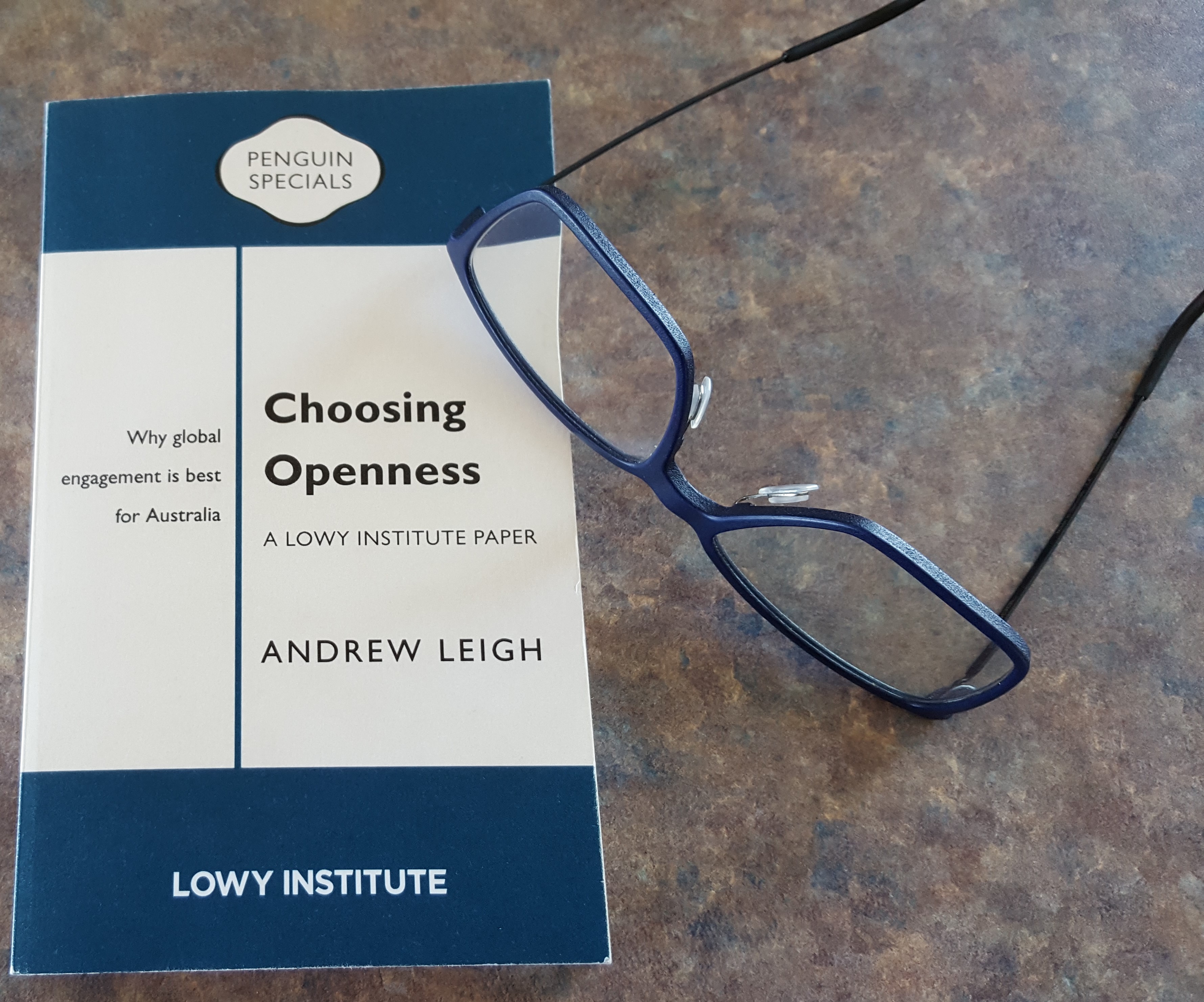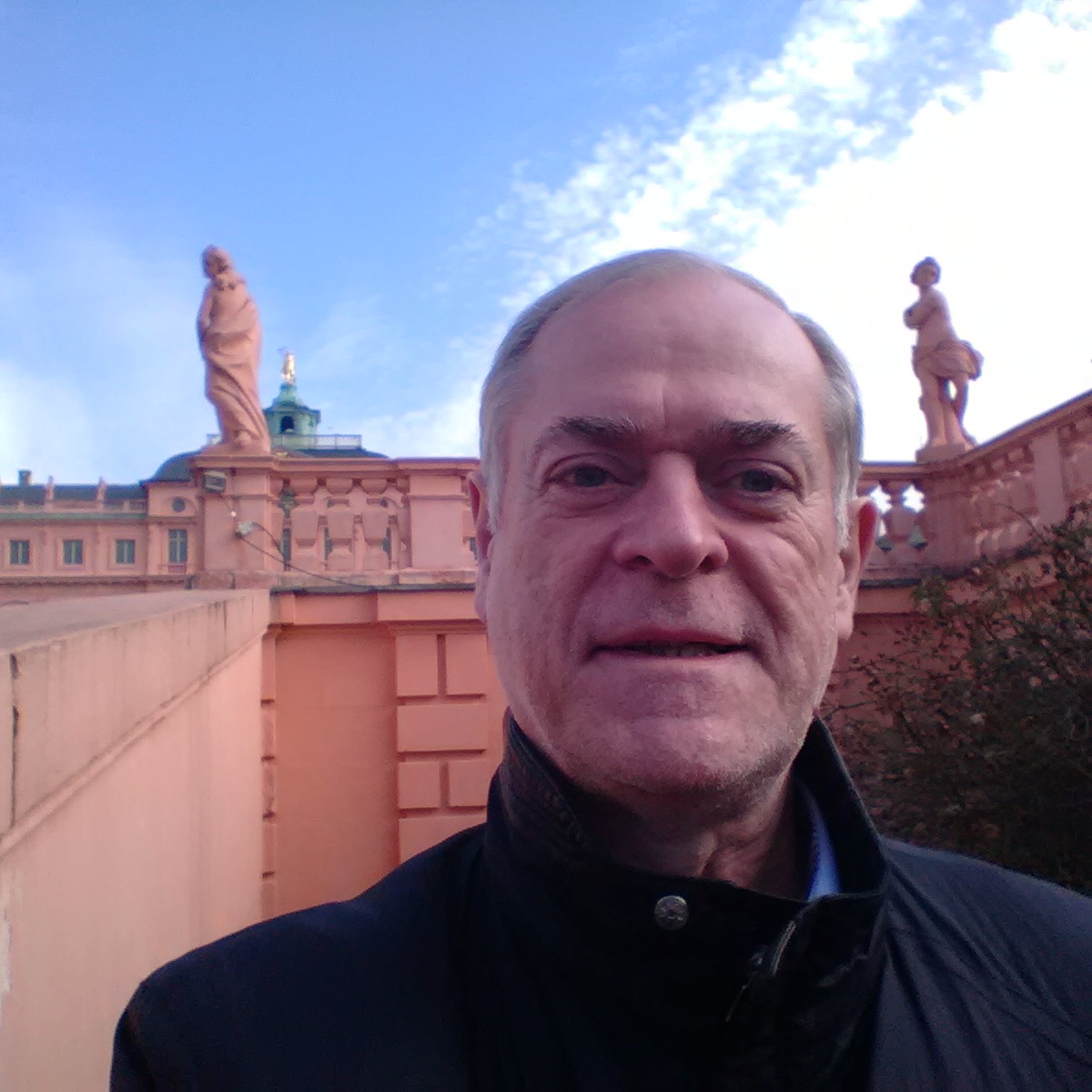In November 2017, Klaus F. Zimmermann (Co-Director of POP at UNU-MERIT & Maastricht University & President of the Global Labor Organization, GLO) has been a Visiting Professor at Macquarie University in Sydney/Australia. He discussed research issues and policy perspectives with faculty including various local GLO Fellows (Zhiming Cheng, Natalia Ponomareva, Kompal Sinha and Ben Wang, among others), David Throsby and Associate Dean for Research, Lucy Taksa.
On November 22, he provided a well-received Public Lecture in the Lighthouse Lecture Series of Macquarie University on
Migration and Well-Being
introduced and directed by Lucy Taksa, also Professor of Management. The presentation ended with an intensive discussion.
To view the full event video and photos from the evening. Visit also the Faculty of Business and Economics webpage.
Overview and literature references:
Overview:
(1) The Value of Mobility
(2) GDP or Happiness?
(3) Measurement of Happiness and Wellbeing
(4) Research Questions
(5) Migration and the Wellbeing of the Natives
(6) Wellbeing of Migrants and Conditions at Home
(7) Migrants Abroad and the Wellbeing of the Left Behind
(8) Conclusions and Challenges
His overview was based on the following key publications:
(5) Wellbeing of the Natives:
►A. Akay, A. Constant and C. Giulietti: The Impact of Immigration on the Well-Being of Natives, Journal of Economic Behavior & Organization, (2014), 103, 72-92.
►A. Akay, A. Constant, C. Giulietti, and M. Guzi: Ethnic Diversity and Well-Being, Journal of Population Economics, (2017), 30, 265-306.
►M. Kuroki: Racial Diversity, Immigrants and the Well-being of Residents: Evidence from US Counties, Forthcoming, Journal of Population Economics, (2018). https://link.springer.com/article/10.1007/s00148-017-0657-9; GLO Discussion Paper, No. 76.
►N. B. Simpson, Happiness and Migration, in. A. Constant and K. F. Zimmermann (Eds.), International Handbook on the Economics of Migration, Edward Elgar, (2013), 393-407.
►W. Betz and N. B. Simpson, The Effects of International Migration on the Well-being of Native Populations in Europe, IZA Journal of Migration, 2013,2.
(6) Migrants’ Wellbeing and Macroeconomic Conditions
Akay, O. Bargain and K. F. Zimmermann: Home Sweet Home? Macroeconomic Conditions in Home Countries and the Well-Being of Migrants, Journal of Human Resources, 52 (2017), 351-373.
(7) Migrants Abroad and the Wellbeing of the Left Behind
Remittances:
►A. Akay, C. Giulietti, J.D. Robalino and K. F. Zimmermann: Remittances and Well-Being among Rural-to-Urban Migrants in China, Review of Economics of the Household, 12 (2014), 517-546.
► M. Akgüc, C. Giulietti and K. F.Zimmermann: The RUMiC Longitudinal Survey: Fostering Research on Labor Markets in China, IZA Journal of Labor & Development, 2014, 3:5
► A. Akay, O. Bargain, C. Guilietti, J. D. Robalino and K. F.Zimmermann: Remittances and Relative Concerns in Rural China, China Economic Review, 37 (2016), 191-207.
Social Remittances:
►M. Nikolova, M. Roman and K. F. Zimmermann: Left Behind but Doing Good? Civic Engagement in Two Post-Socialist Countries. Journal of Comparative Economics, 45 (2017), 658–684.
Zimmermann after the lecture:
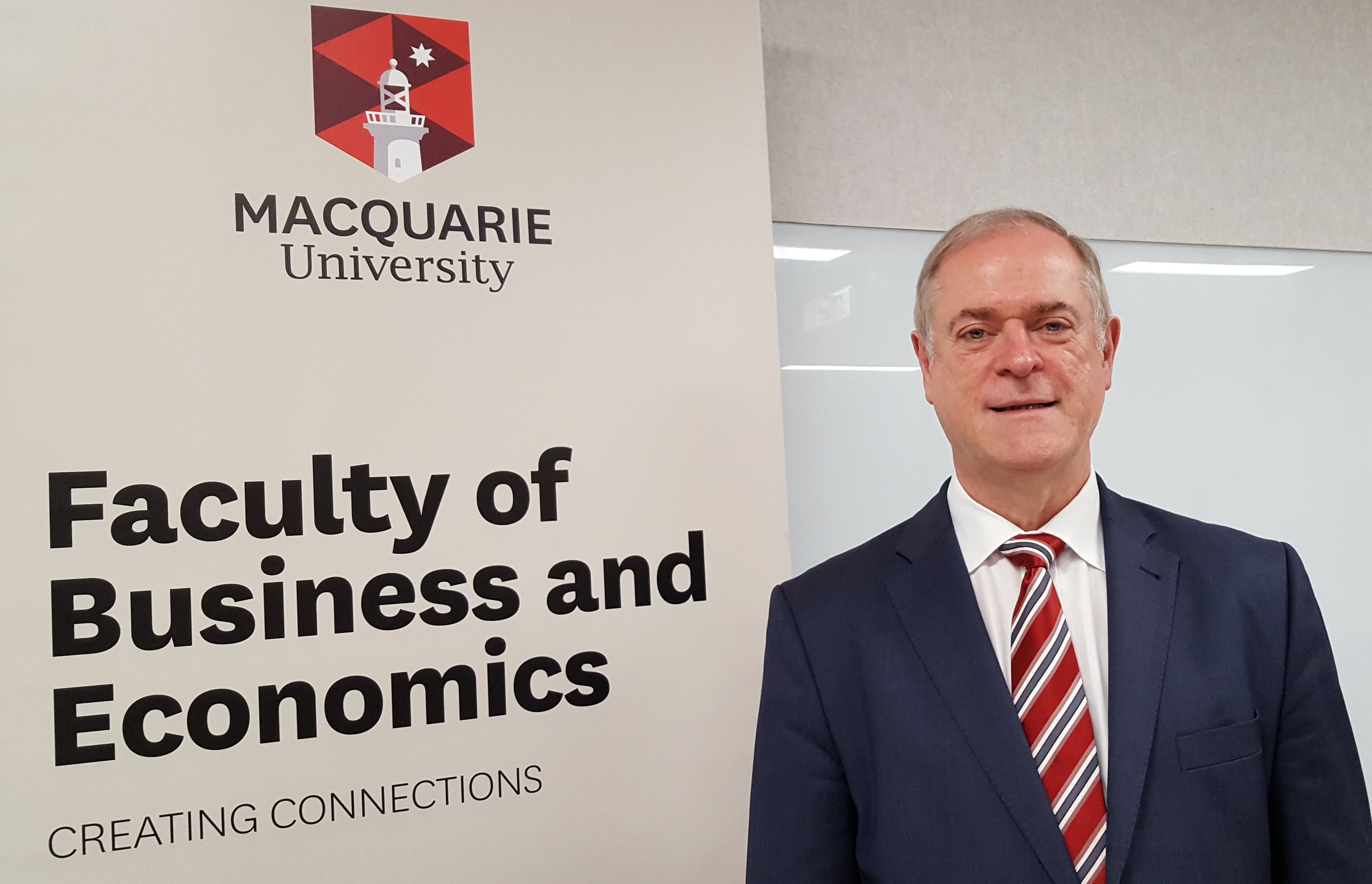
Zimmermann and Lucy Taksa, Professor and Associate Dean for Research, Faculty of Business and Economics of Macquarie University.
Sydney after the hour from the Sydney Tower Eye nearby:
Sydney Townhall by night nearby:
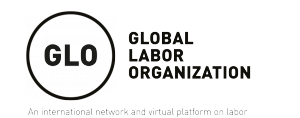
Ends;


